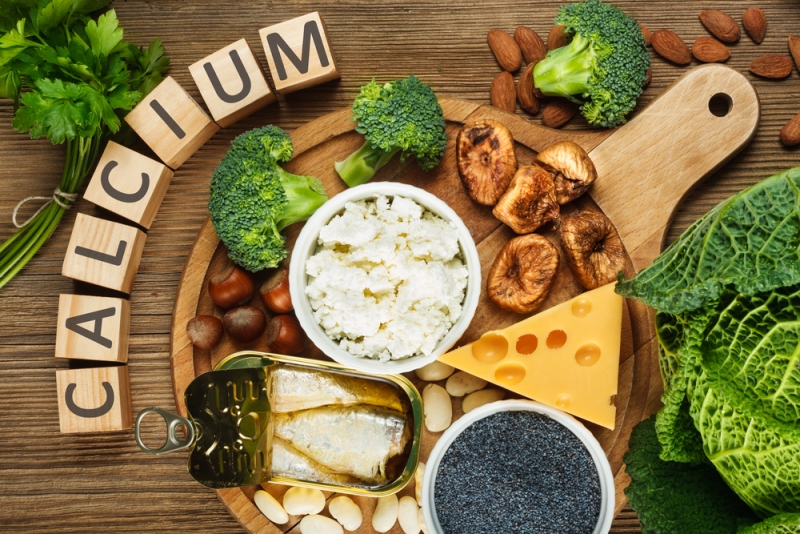Being a parent is one of the hardest jobs in the world. There are no absolute rules, no experience points, no precedents to help you out and yet you are expected to excel at it. But an even bigger challenge is becoming a parent to a premature baby. It is scary and yet you have to be strong to see your precious little darling in that incubator with all those machines. It is heartbreaking to leave your baby at the hospital till he or she is old enough to go home with you.
Premature babies and bone weakness
Premature babies, unlike normal babies, are born earlier than their term and hence, they are not completely ready to take the world on their own. They need a little help from time to time, to help them grow into an infant who can survive without additional help. The body’s organs are not yet fully developed, and they need to put on additional support till their organs can fully develop. Even their bones are weak and delicate since they haven’t got the full term to grow stronger and thus, are prone to various bone disorders such rickets, asosteomalacia, osteopenia[1] etc. They do not have the bone density that a child who has grown to a full term has, and hence the prevention as well as treatment of various bone disorders is an important factor when it comes to the care of premature babies.
Vitamin D for better bones
Calcium is the building block of the human bone. An adequate amount of calcium is essential to maintain a healthy bone. Vitamin D is the essential vitamin which by aiding the body absorb the calcium, is important for bones. Vitamin D[2] is a group of ketosteroids which are fat soluble. It essential for the absorption of bone building chemicals such as calcium, magnesium, phosphate and hence, absolutely crucial for the development of strong bones. Lack of Vitamin D can have extremely harmful impact on the bones.
Bone care for preterm babies
Since premature and preterm babies cannot be exposed to the sunlight for natural Vitamin D, they have to be administered the vitamin artificially to strengthen their bones. It helps to strengthen their bones while they are still in the incubator so that it eliminates risks of diseases. Routine administration of vitamin D is essential to build bones which are not weak or fragile. It also protects them from developing conditions such as deformed bones, rickets.
Increased Vitamin D for preemie bone health
Since the maternal supply of minerals is abruptly stopped before the baby reaches its full term premature babies are at a higher risk of weaker bones Ans various bone disorders. Studies are suggesting that an administration of a regulated higher dose of vitamin D[3] might be the solution to this problem.
The care of preterm babies does not end as soon as they are released from the hospital. Parents have to be extra careful about their bones. Regular calcium testing, calcium supplements, hormone supplements like Jintropin[4] etc. might be administered to prevent bone disorders in their later adult lives. They should be encouraged to enjoy outdoor activities so that the body can procure some natural Vitamins for stronger bones.
References
- Fn.bmj.com – Skeletal development in premature infants: a review of bone physiology beyond nutritional aspects
- Nhs.uk – Vitamins and minerals
- Onlinelibrary – Enteral calcium, phosphate and vitamin D requirements and bone mineralization in preterm infants
- Pharmacer – Jintropin®







Recent Comments